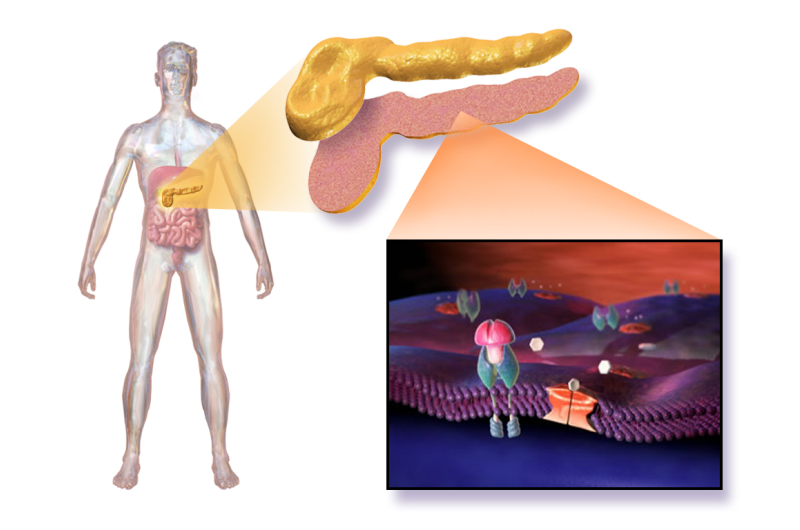CDC Deliberations on Hepatitis B Vaccine Timing: Politicization and Transmission Risks

The CDC faces controversy over delaying hepatitis B vaccination for newborns amid misconceptions about virus transmission and concerns over public health policy. Experts emphasize the importance of early vaccination to prevent lifelong liver complications.
The ongoing debate over the timing of the hepatitis B vaccine for newborns continues to draw attention, amid efforts by the Trump administration to delay administering the first dose. Despite a recent failure to pass a proposal to postpone the vaccine, the administration persists in its push to revise federal guidelines, raising concerns among health experts.
At the heart of the debate is the misconception about hepatitis B transmission. President Donald Trump and some newly appointed members of the CDC’s Advisory Committee on Immunization Practices (ACIP) have publicly misrepresented how the virus spreads. Trump claimed that hepatitis B is only sexually transmitted, suggesting that the vaccine should be delayed until children are older — a statement strongly rebutted by medical professionals.
Hepatitis B is a highly infectious virus that damages the liver and is transmitted through contact with infected blood and bodily fluids. It can also be transmitted from mother to child during childbirth. Despite common associations with high-risk behaviors like injection drug use and multiple sexual partners, health experts emphasize that the virus can spread in everyday situations, including among young children and via casual contact.
Recent research presented at the latest ACIP meeting highlighted cases where children born in the U.S. to hepatitis B-negative mothers later contracted the virus. CDC scientist Adam Langer explained that the virus can survive outside the body for over seven days on surfaces, meaning that contact with microscopic traces of infected blood on everyday objects could cause infection. This underlines the importance of early vaccination, as unvaccinated children can be exposed even in informal settings.
During the meeting, some members questioned the necessity of vaccinating all children, especially considering that not all infections are linked to mother-to-child transmission. ACIP members debated postponing the initial dose until about one month of age, citing low risk among children of hepatitis B-negative mothers. However, CDC data shows that millions in the U.S. are carriers or unaware of their infection status, which complicates risk assessments.
Critics, including physicians and health experts, argue that delaying vaccination leaves children vulnerable to infection from casual contact, and emphasize that hepatitis B does not discriminate by lifestyle or behavior. The virus’s ability to be transmitted through contact with infected bodily fluids on surfaces and accidental exposure underscores the need for universal vaccination at birth.
The decision-making process revealed underlying tensions around scientific understanding and public health policy. Many experts warn that politicizing the vaccine, especially by framing it solely as a sexually transmitted disease, undermines efforts to eliminate hepatitis B. Historically, neonatal vaccination has significantly reduced hepatitis B cases, preventing chronic infections and severe liver complications later in life.
The upcoming ACIP meeting in October is anticipated to revisit the issue, but the agenda details remain undisclosed. As debates continue, health officials advocate for maintaining vaccination schedules to protect public health and prevent future hepatitis B infections in children.
Stay Updated with Mia's Feed
Get the latest health & wellness insights delivered straight to your inbox.
Related Articles
Innovative Gene-Edited Immune Cells Pave the Way for Universal 'Off-the-Shelf' Cancer Treatments
Scientists have developed a universal, off-the-shelf CAR-T cell therapy using gene editing to enhance immune evasion, promising faster and more accessible cancer treatment options.
Breakthrough in Gene-Edited Islet Transplant Demonstrates Success in Human Trial
A groundbreaking human trial demonstrates that gene-edited islet cells can survive and function without immune suppression, offering new hope for type 1 diabetes treatment.
New Mechanisms Linking Neuroinflammation to Memory Loss Uncovered
Recent studies reveal how neuroinflammation induces memory loss through epigenetic DNA modifications in neurons, opening new pathways for therapeutic interventions in neurodegenerative diseases.
Physician Attrition Rates Impact Psychiatry, Primary Care, and OB/GYN Specialties Most Significantly
A recent study highlights increasing physician attrition rates, with psychiatry, primary care, and OB/GYN specialties being most affected, posing challenges to healthcare access and workforce sustainability.



